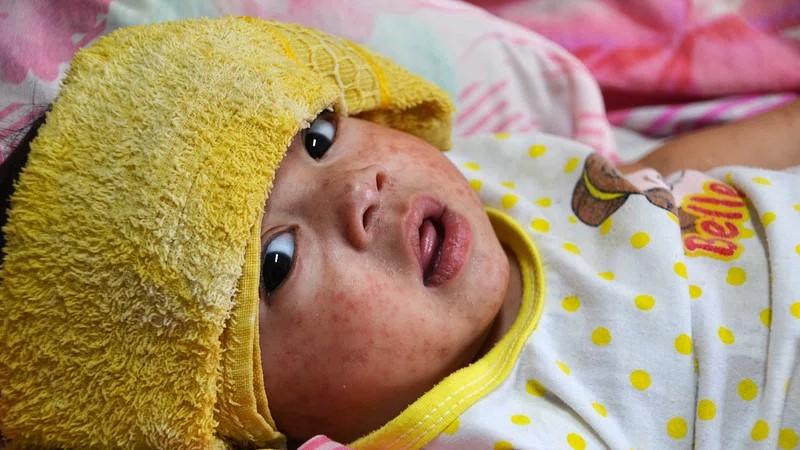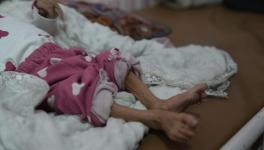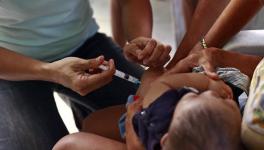Measles Outbreak Across Europe Highlights Lag in Vaccinations

A recent surge in measles infections highlights how the world is lagging behind in vaccinations. The European office of the World Health Organization (WHO) sounded the alarm after the region experienced a 30-fold increase in measles cases in 2023 compared to the previous year. Although the highest numbers were reported in the eastern part of the region, outbreaks were also noted in western Europe.
The rise in cases is also accompanied by an increase in hospitalizations due to measles. Last year, WHO’s European region recorded 21,000 hospitalizations and 5 measles-related deaths. To stop this trend, WHO officials emphasize the need for accelerated vaccination campaigns. Hans Kluge, WHO Regional Director for Europe, stressed: “Urgent vaccination efforts are needed to halt transmission and prevent further spread. It is vital that all countries are prepared to rapidly detect and timely respond to measles outbreaks, which could endanger progress towards measles elimination.”
While his advice seems straightforward, implementing it in all countries within WHO Europe, let alone globally, is difficult. The United Kingdom, which was at one point designated as measles-free, now faces a significant outbreak. The virus’s spread is linked to a decline in MMR vaccine uptake, with current rates of vaccinated children standing at 85% instead of the needed 95%.
During the COVID-19 pandemic, regular vaccination campaigns fell behind in most cases, including the UK and measles vaccinations. However, the pandemic is not solely responsible for measles re-emerging in Britain. Public health data had warned of falling vaccination rates even before COVID-19 struck, and the country lost the measles-free badge years before the most recent pandemic.
Read more: How has Measles made it back into the US?
Part of the blame is associated with vaccine hesitancy. But, while being a health concern on global levels, vaccine hesitancy is – again – not the only culprit. The issue appears more complex, involving a lack of realistic immunization strategies and, crucially, accessible public health and primary health services to implement these strategies.
Like in the rest of the world, the UK’s National Health Service (NHS) stands weakened by budget cuts and an overwhelming push by past and present administrations to privatize it. In these circumstances, achieving the necessary response to make the UK measles-free again becomes difficult.
The problem extends beyond measles and Europe. Discussions on the WHO’s Immunization Agenda 2030, held in January, failed to adequately address the negative impact of privatization on public health capacities, including vaccination campaigns. While the importance of strengthening measles response mechanisms was emphasized in WHO documents, members of WHO’s Executive Board failed to address conceptual changes needed in order for those programs to work.
Read more: New round of Universal Health Coverage policies lies ahead despite missed targets
“For national immunization strategies, robust public primary healthcare, centered on communities and territories, is of pivotal importance. These strategies demand a high level of state capacity for planning and collecting vaccination data, which is hindered by both privatization and the erosion of public health systems,” the People’s Health Movement (PHM) warned ahead of the WHO discussion.
Without a shift away from the current trajectory focused on Universal Health Coverage and dependence on the private sector, PHM warns that achieving the WHO’s immunization targets will be challenging, if not impossible. Instead, WHO members should prioritize strengthening primary healthcare services, including adequate staffing, as the best means to reach isolated and impoverished communities often lacking vaccine coverage.
People’s Health Dispatch is a fortnightly bulletin published by the People’s Health Movement and Peoples Dispatch. For more articles and to subscribe to People’s Health Dispatch, click here.
Get the latest reports & analysis with people's perspective on Protests, movements & deep analytical videos, discussions of the current affairs in your Telegram app. Subscribe to NewsClick's Telegram channel & get Real-Time updates on stories, as they get published on our website.
























